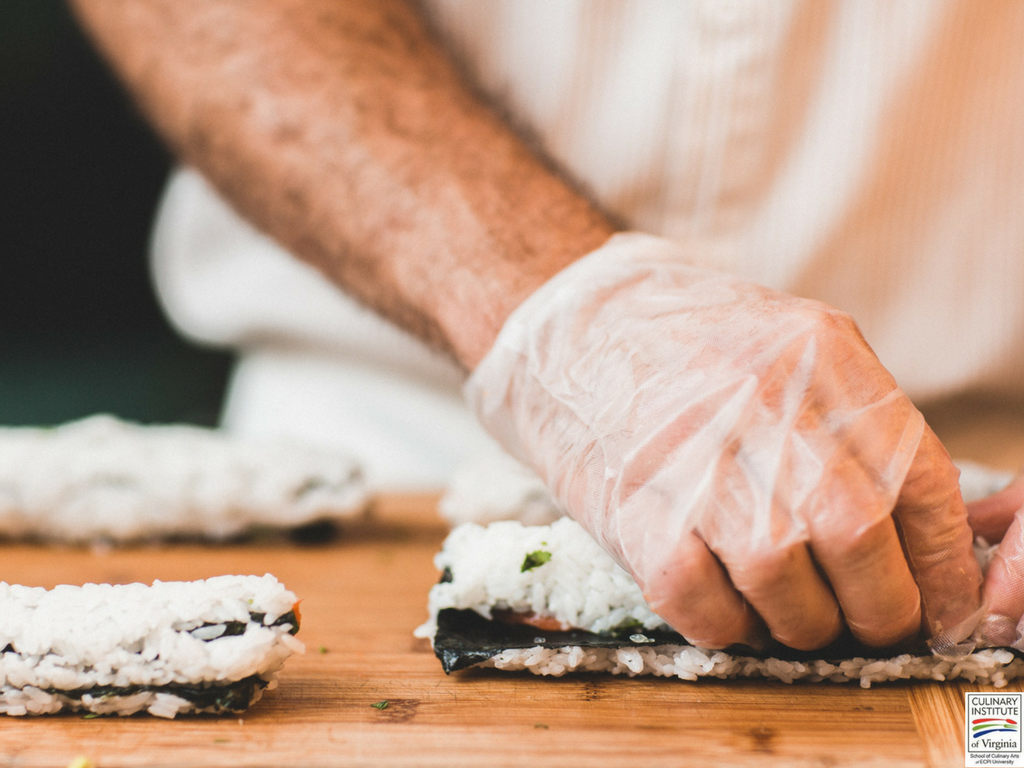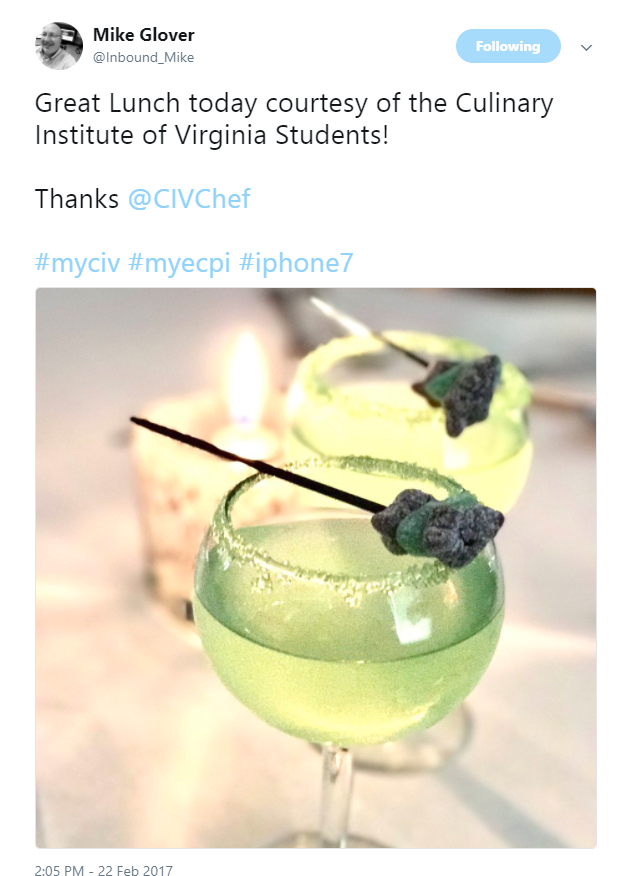What kind of Chef Should I Be?
If you are considering a career in culinary arts, you may envision a future where you are alone in a kitchen, crafting dishes that are as delicious as they are artistic. However, anyone who has worked for any period of time in a professional kitchen knows that this isn't really realistic. There are many types of chefs inside a kitchen. They work in harmony to make sure every serving that goes out is perfect. With this in mind, let's take a closer look at the many kinds of chef that make the modern kitchen function.
Executive Chef (Chef de Cuisine)
Let’s start with the big boss. The executive chef is in charge of everything in the kitchen, and probably is the culmination of where a career as a chef is heading. This is where you get to exercise your creativity. You can train others to follow the recipes that you expertly constructed. However, it is the least hands-on of the many jobs in a kitchen and requires a high degree of patience with others as well as motivational leadership skills. It is not for the faint of heart.
Sous Chef
The Sous Chef is the executive chef's right hand, although depending on the size of the kitchen there may be many at once. Unlike the Executive Chef, who focuses on the management of the kitchen, the Sous Chef is a front line supervisor who needs to have a high degree of attention to detail and an ability to run every step of preparation in a seamless circuit through the kitchen. This position may be the most stressful of the lot, requiring someone who can remain cool under pressure.
Station Chef (Chef de Partie)
In this specialized role, you will find yourself in charge of a single station or area of the kitchen. Examples include a chef that only takes care of soups, salads, or working the grill. This position requires a high degree of skill in the specific tasks that will be required of their prep area and are responsible for ensuring that all food prepared at their station meets the standards expected in regards to taste, temperature, and presentation. This type of chef requires exceptional ability to focus and manage time wisely.
Sauce Chef (Saucier)
Sauces are instrumental to a wide variety of cuisine, and the saucier is the specialist of this fine art. This may require hours of boiling ingredients or even the meticulous preparation of cold sauces through specific mixtures. This is a good position for someone who is persistent and able to tell when a sauce is ready to go versus when it has been overcooked.
Pantry Chef (Gard Manger)
There are many cold or uncooked items that are essential to the most delicious recipes, and the pantry chef is the primary point of contact for them all. Duties may include tossing salads, distributing seasonings, creating appetizers, and applying dressings. This position is a great fit for those with good taste in spices and good judgment in following established recipes.
Line Cook (Commis)
This may be the first job that anyone finds in the kitchen, and is the backbone of every career as a chef. This is a very fast-paced position requiring you to perform fundamental tasks such as slicing vegetables, plating entrees, and arranging garnishes. This requires a balance of manual dexterity and the ability to multitask as many disparate chores are assigned to this position.
Meat Cook (Rotisseur)
This specialist position is the fantasy of every parent who barbecues on a sunny day, but is only meant for those who have a true passion for the preparation of meat. This requires roasting, grilling, broiling, braising, or even boiling depending on the dish. This may just be the hottest job in the kitchen in many ways, the chef willing to take one of the largest responsibilities when it comes to balancing flavor and food safety.
What kind of chef sounds the best to you? If you’re interested in earning your Associate of Applied Science in Culinary Arts, ECPI University’s Culinary Institute of Virginia offers this program with an emphasis in hands-on learning. For more information about this exciting degree program, connect with a helpful admissions counselor today.
It could be the Best Decision You Ever Make!
DISCLAIMER – ECPI University makes no claim, warranty, or guarantee as to actual employability or earning potential to current, past or future students or graduates of any educational program we offer. The ECPI University website is published for informational purposes only. Every effort is made to ensure the accuracy of information contained on the ECPI.edu domain; however, no warranty of accuracy is made. No contractual rights, either expressed or implied, are created by its content.
Gainful Employment Information – Culinary Arts - Associate’s
For more information about ECPI University or any of our programs click here: http://www.ecpi.edu/ or http://ow.ly/Ca1ya.





